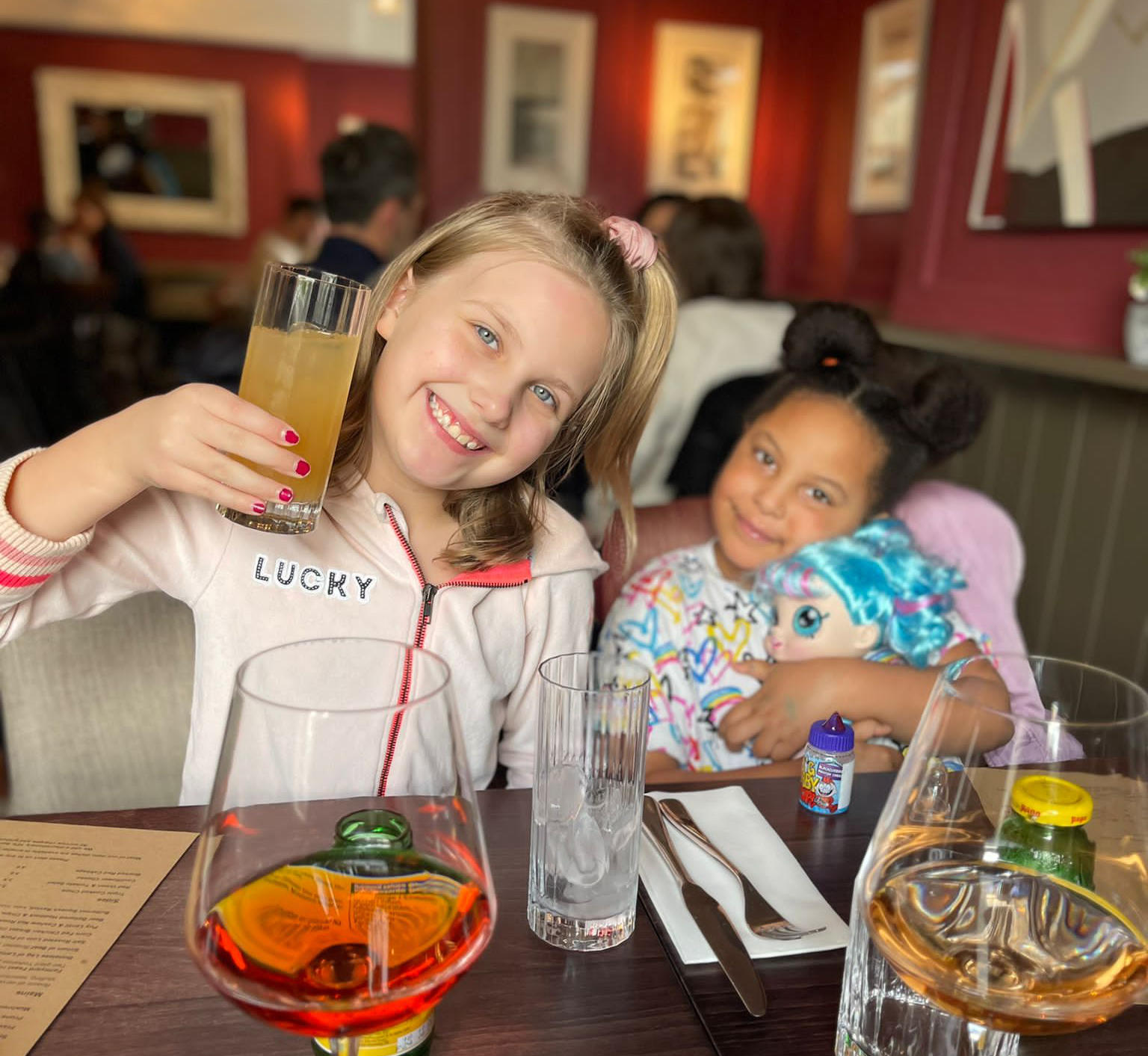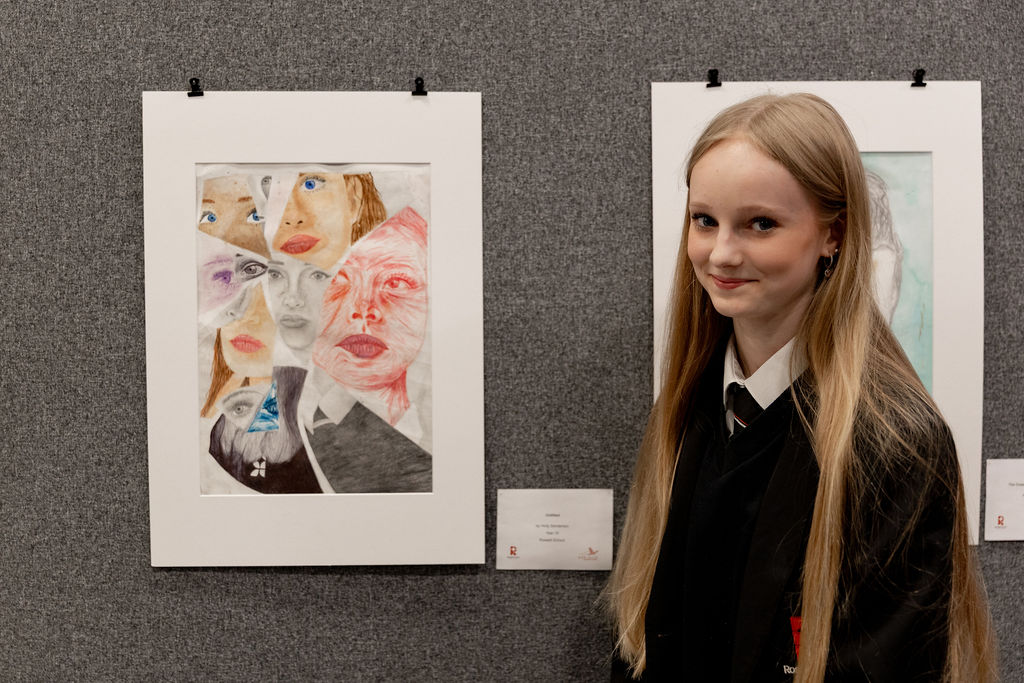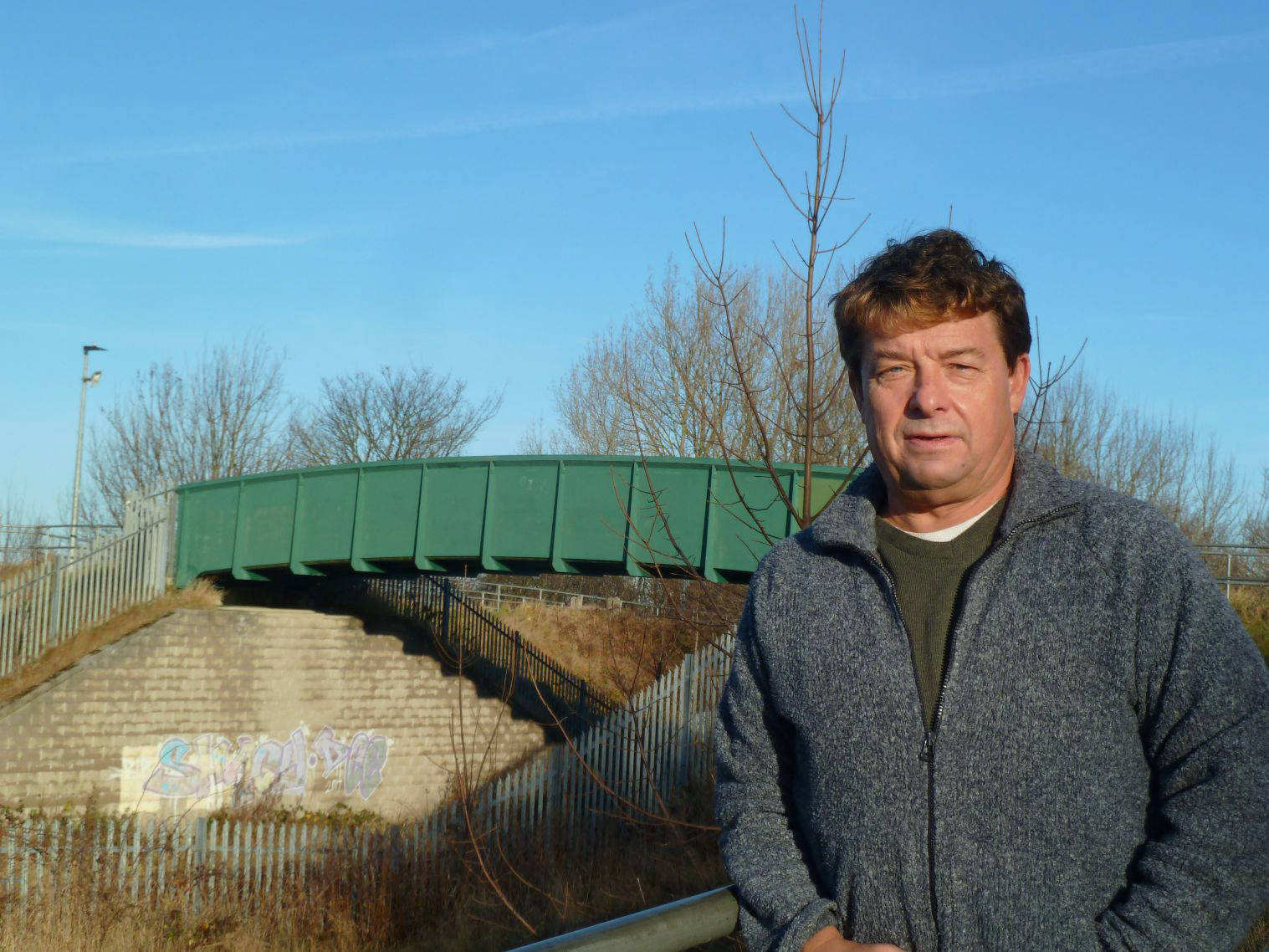Receiving the diagnosis of a brain tumour is a life-changing event, and for a child to receive this diagnosis is particularly devastating. In Yorkshire alone, around 50 children are diagnosed with brain and other central nervous system tumours each year. During Brain Tumour Awareness Month, Yorkshire children’s cancer charity Candlelighters aims to raise awareness of brain tumours and their impact, and the need for greater research funding.
It is well documented that brain tumours are the leading cause of death for patients with cancer, and account for one-third of childhood cancer deaths. For those who survive, however, there are often many long-term impacts that will affect their lives.
Treatment for a brain tumour is very invasive, with surgery to remove the tumour being a balance between removing as much of the tumour as possible and limiting impact to functions such as speech and motor functions.
Children who require radiotherapy targeted at the brain can suffer from long-term impacts on cognition, growth and hormone levels. There is also growing evidence of long-term psychological and social impacts for childhood cancer survivors.
It is important, therefore, that research also focuses on improving the lives of cancer survivors. The Yorkshire Specialist Register of Cancer in Children and Young People, which has been funded by Candlelighters for almost 40 years, aims to do just that.
The Yorkshire Register has collected detailed information about children and young people diagnosed with cancer since the 1970s, and holds information ranging from their cancer type and treatment, through to socioeconomic data, information on their mental health and education, with plans to include additional data on employment outcomes.
This rich asset of data about childhood cancer is managed by Professor Richard Feltbower of the University of Leeds, with support from Professor Adam Glaser, Medical Director for the registry. The Register is now used for studies worldwide and is helping us to understand the survival and long-term effects of cancer for children and young people.
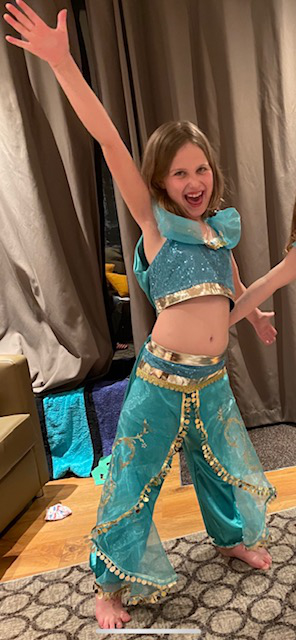
Adam Glaser said:
If you’re told your child has a life-threatening illness, the absolute number one priority is keeping them alive. But now, as more and more children and young people survive, we’ve got to also make sure that the quality of survival is as good as possible. We’ve got to get them back on to a life trajectory they would’ve had if they’d not had cancer.
Dr Sarah Milner, a researcher at the University of Leeds and currently funded by Candlelighters, is using The Yorkshire Register as part of a study into the social outcomes of childhood cancer survivors. Her initial work has found evidence that children with cancer, and in particular those with a brain tumour, see negative impacts on their academic achievement, future employment, their ability to live independently, and even their future relationships.
Children with central nervous system and brain tumours have the highest risk of worse social outcomes of children surviving cancer. Sarah’s study will look in more detail at the impact childhood cancer has on these social outcomes as these children grow up.
She also intends to implement a Social Outcomes Framework to allow child health multi-professional teams to monitor the social outcomes of childhood cancer survivors in a data-driven way, helping to identify deviations from anticipated social trajectories.
Her work, alongside that of the Yorkshire Register, will help to uncover and understand the long-term impacts of cancer on childhood cancer survivors, which will enable researchers to focus new studies on ways to reduce and one day, hopefully, remove these impacts.
One family currently affected by a childhood brain tumour is the Downie family from Harrogate in North Yorkshire. Marnie Downie-Keally was diagnosed with low-grade pilocytic astrocytoma (a type of brain tumour) in March 2017 at just two years of age.
Mum, Sally said:
There had always been something that wasn’t quite right and we had been back and forth to the GP with various things from swollen gums to strange jerky movements, but it always got put down to a virus. Marnie had never been a great sleeper, waking every couple of hours and then towards diagnosis, she was waking saying her head hurt and being sick. Finally a CT scan was done and that was when we found out she had a brain tumour.
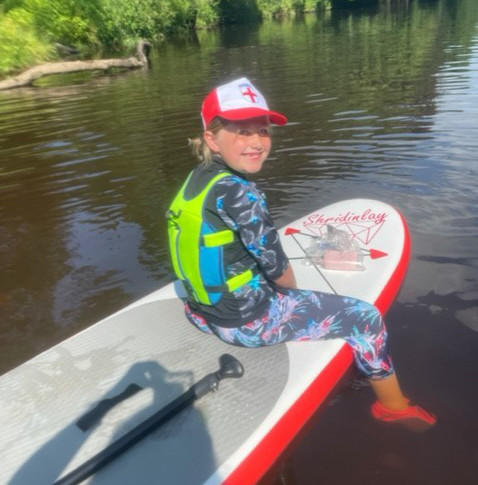
Marnie underwent surgery to decompress cysts that were causing a build-up of pressure within her head, and also to do a biopsy. In late 2018 after an MRI scan, it was decided that a treatment plan of chemotherapy would also be required for 18 months.
Marnie, now seven, is doing well after finishing her treatment in June 2020. Sally told us: “Marnie’s last six-monthly MRI scan in January showed all is stable, and the doctor was very pleased with her progress. If all is well at her next scan in July, Marnie will move to yearly scans. She’s really happy that, now that her portacath is out, if she gets a temperature she doesn’t have to go to hospital to be checked. She’s doing really well, and is really enjoying being at school. She’s doing lots of activities, including football, gymnastics, paddle boarding and swimming.”
Candlelighters supported Marnie and her family right from their stay at the hospital, providing them with practical support and entertainment on the wards, wellbeing therapies, trips out and a holiday, as well as financial support.
Sally said:
There are far too many things to list that Candlelighters have done for us since Marnie’s diagnosis and unless you are being supported by them I don’t think you can ever fully appreciate what they do. The support provided by Candlelighters has been amazing for our wellbeing. There’s always a friendly face offering a cup of tea and a chat as well as endless entertainment and support for the children.
Another way Candlelighters help is by distracting children while they’re having procedures. Marnie recently had to have a cannula for her MRI contrast, which she hates. It took well over an hour to find a vein after a lot of attempts, and I know it would have been worse without the Play Therapist distracting her and a reward at the end from the toys provided by Candlelighters.
Emily Wragg, CEO of Candlelighters, said:
At Candlelighters, we have a mission to bring light and hope to every family affected by childhood cancer across Yorkshire. For over 45 years, we have been there for families, supporting them through a journey that is simply unimaginable unless you have been through it. One of our research aims is to improve the quality of life for children and we are proud to support research such as the Yorkshire Register and Sarah’s study to ensure children like Marnie are able to not just survive but thrive.
Candlelighters rely on the general public and local businesses’ support to continue their investment into childhood cancer research and to support children and families in Yorkshire through childhood cancer. The charity’s fundraising income target from individuals and businesses was cut by almost a half last year. Candlelighters are asking for support through donations, by fundraising or taking on a challenge event.

